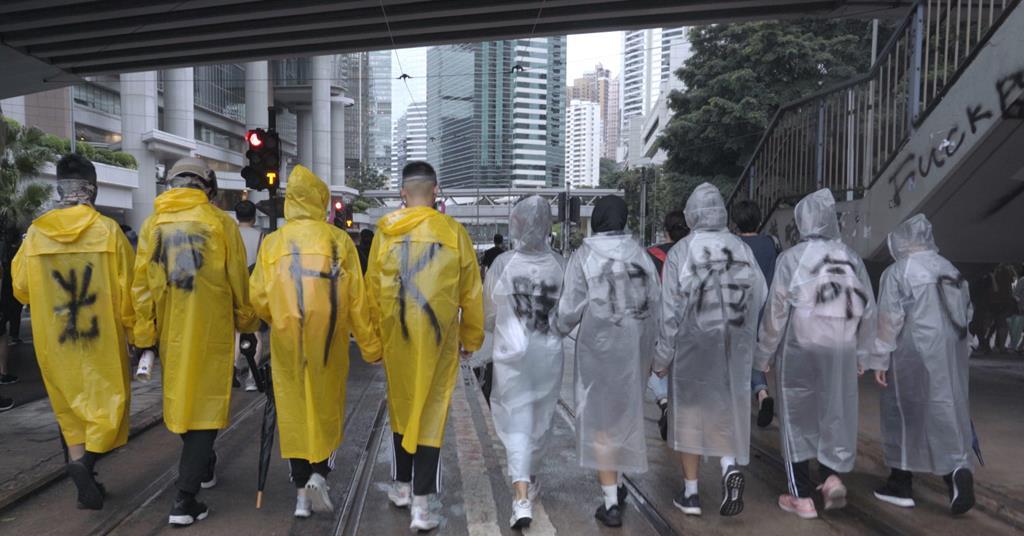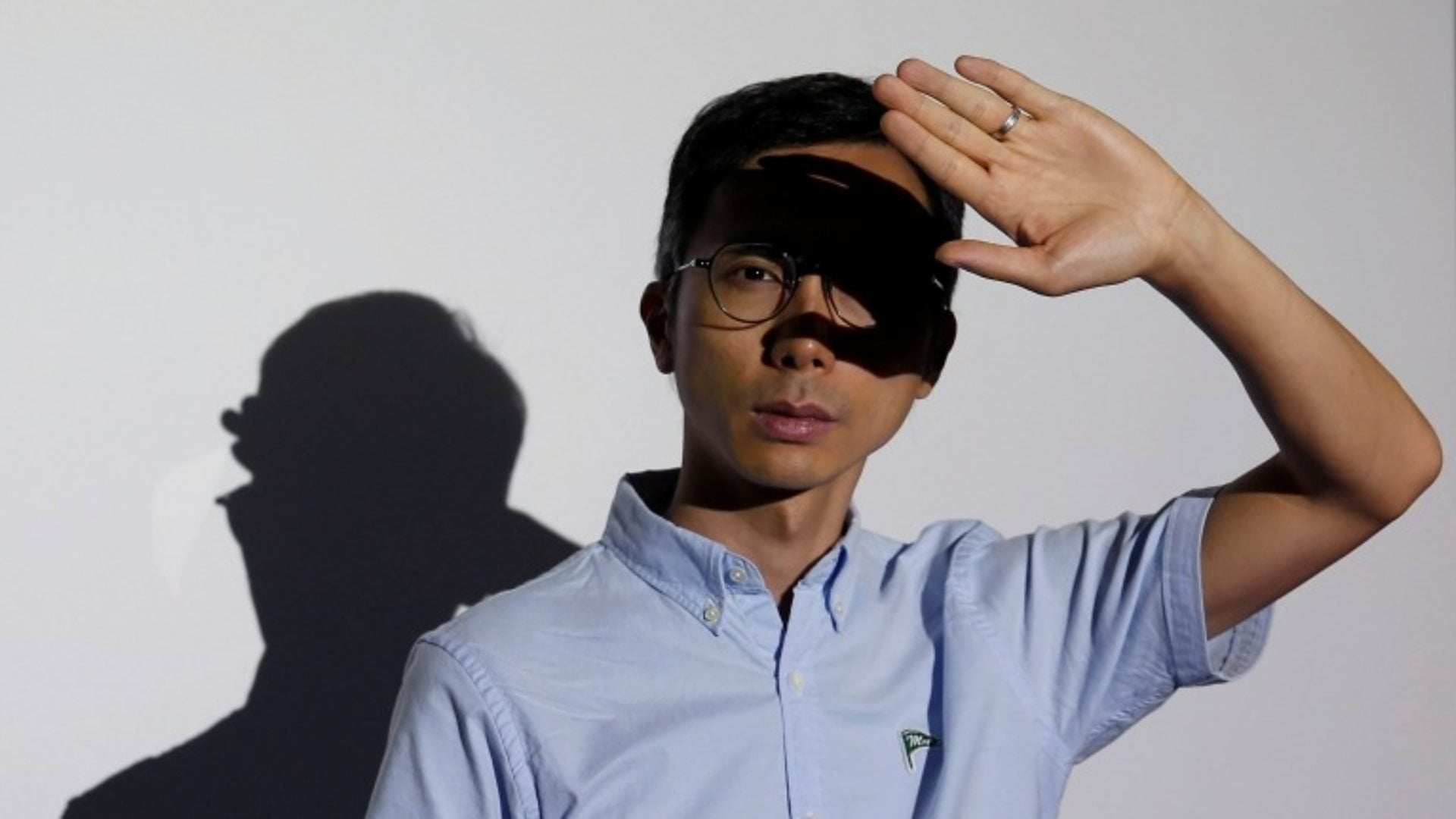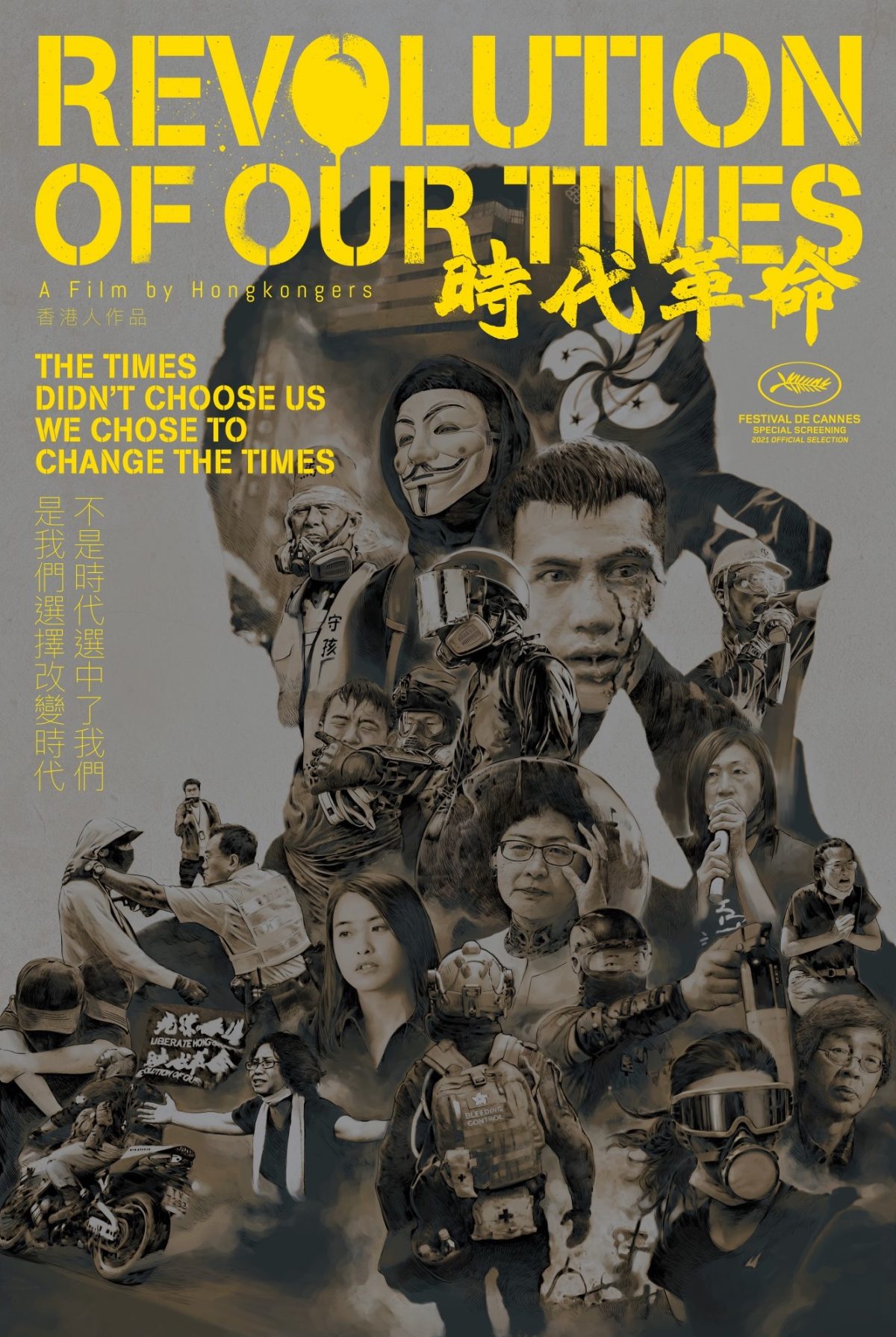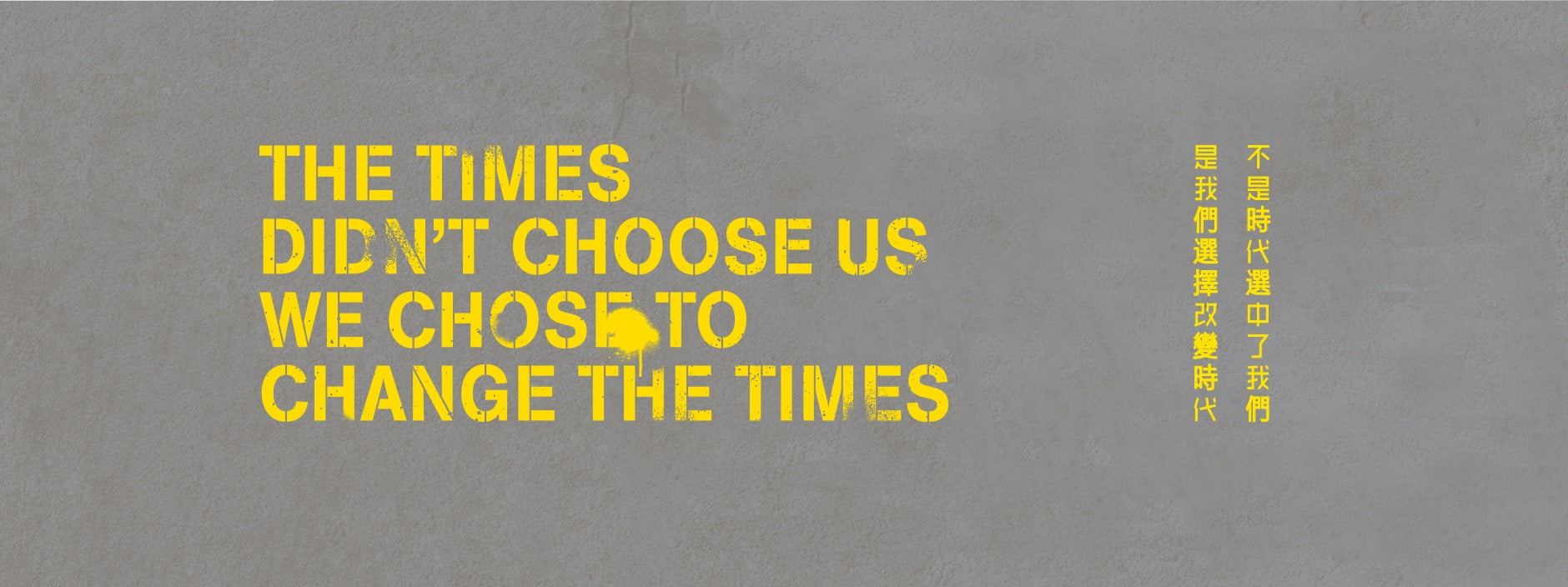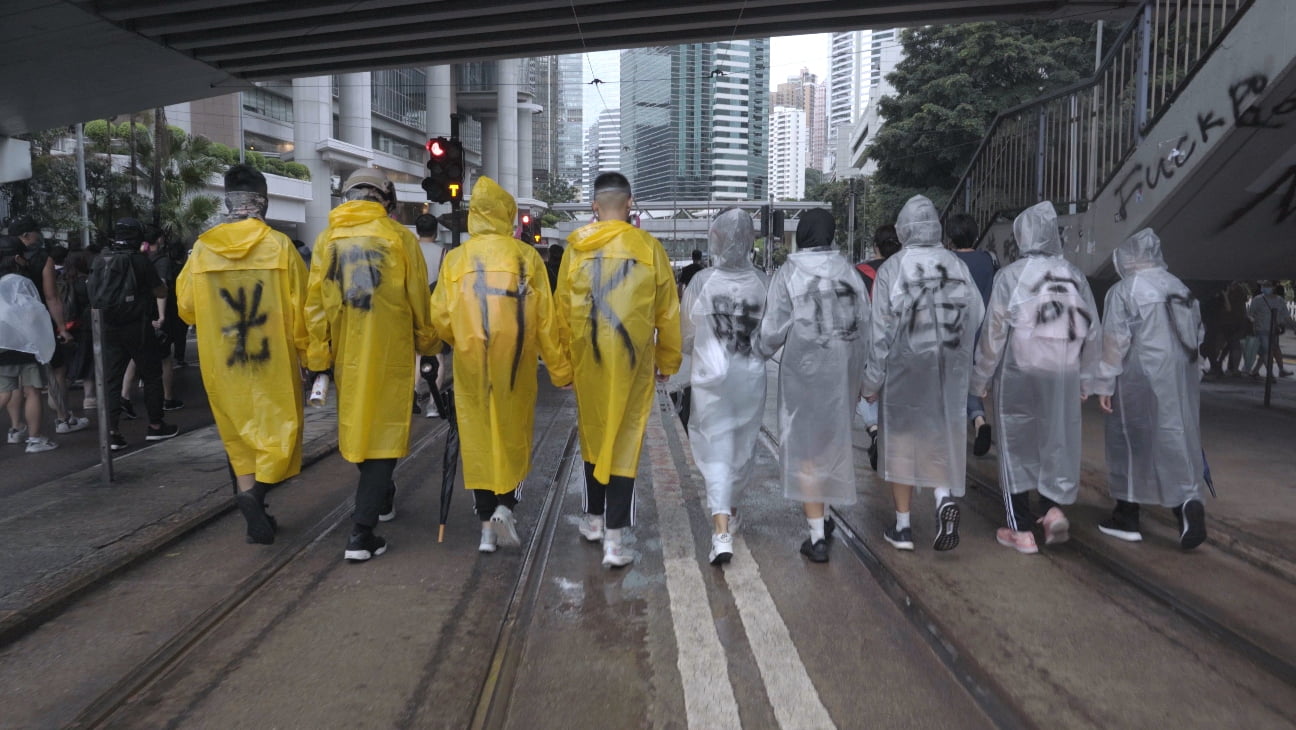Described as ‘a film by HongKongers’, the Festival de Cannes will screen Kiwi Chow’s documentary Revolution of Our Times 時代革命 about the 2019 protests against the extradition law.
“I want to express my heartfelt gratitude to Cannes. It is our honour to have the world premiere of Revolution of our Times Hong Kong has been losing far more than anyone has expected. This good news will be a comfort to many HongKongers who live in fear; it also shows that whoever fights for justice and freedom around the world, are with us! And HongKongers are staying strong!” said Chow in an email statement about the film’s inclusion in the festival.
This is how the film’s trailer is introduced on YouTube…
//“Hong Kong is on the frontlines of a global battle for freedom.” TIME Magazine
Over the past fifty years, Hongkongers have fought for freedom and democracy but have yet to succeed. In 2019, the “Extradition Bill” to China opened a Pandora’s box, turning Hong Kong into a battlefield against the Chinese authoritarian rule.
The award-winning director of “Ten Years: Self Immolator,” Kiwi Chow, made this documentary to tell the story of the movement, both with a macro view of its historical context and up close and personal on the front lines.
The 2019 movement is always labelled with the characteristics of “decentralized leadership”, “be water” (flexible tactics), “do not split” (unity but in different ways) and “blossoming everywhere” (protest all over the territory). The film covers seven teams of protestors with different stories which are put together as a comprehensive picture of the versatile movement.
Democracy and freedom are now facing an unprecedented crisis over the world. The film Revolution of Our Times is not only about the battle of Hongkongers but is about a war between all freedom lovers and dictatorships of our globe.//
Coverage of the documentary’s addition to the festival by Variety
//Cannes this year is chock full of issue-led programming about climate change, crises in Africa, diversity and equality. Few topics are as pressing or complex as the ideological clash between the liberal West and China’s modern brand of Communist-badged totalitarianism…
…Cannes is taking a significant gamble in giving the film the red carpet treatment. At a minimum, the festival risks a diplomatic complaint from mainland Chinese and Hong Kong authorities. China was previously so enraged by the Academy of Motion Pictures’ nomination of “Do Not Split” that the Chinese broadcast of the Oscars ceremony was cancelled and media were ordered to downplay the event.
It is likely that Cannes organizers have anticipated a negative reaction.
They’ve chosen to play “Revolution of Our Times” at the end of the festival, when the trio of mainland Chinese films have already played and can’t be withdrawn in protest. But there’s now a risk that China will boycott future editions of Cannes, just as it is punishing the Golden Horse Awards in Taiwan for the island’s go-it-alone tendencies.
One explanation for the inclusion of the film may lie in Cannes programmers Thierry Fremaux and Christian Jeune’s visit to Hong Kong during the protests. Walking through the battlefield of the streets, they became eye-witnesses to a painful but cinematic civil war.//
 More coverage by The Hollywood Reporter
More coverage by The Hollywood Reporter
//Cannes has frequently stood with filmmakers facing political persecution in their home countries, such as Iranian director Jafar Panahi (This Is Not a Film) and Russian filmmaker Kirill Serebrennikov (Petrov’s Flu), both of whom were under house arrest and unable to attend the festival when their films were screened.
But Hong Kong’s protest movement has found precious few allies over the past two years, as Beijing has leveraged China’s outsize economic clout to attempt to punish any companies or individuals who dare throw their support behind democracy in Hong Kong…
…Hong Kong politics also are believed to have resulted in the 2021 Oscars ceremony being totally blocked from broadcast in mainland China and Hong Kong earlier this year. Broadcasters and regulators never supplied a reason for the mysterious suspension of the awards show in Greater China, but many connected to the industry believe it was intended as retribution for the Academy’s nomination of the Hong Kong protest film Do Not Split in the best short documentary category (past critical comments made by Oscar best director winner Chloe Zhao (Nomadland) about her home country also irked the authorities).//

images: Dear Bros

